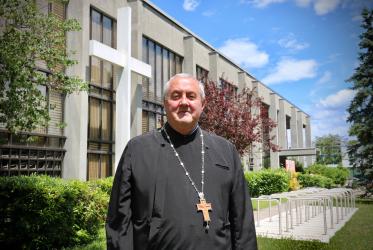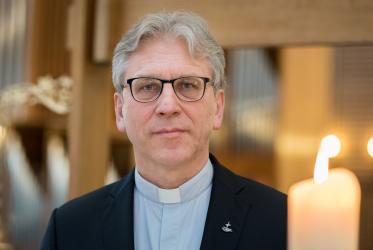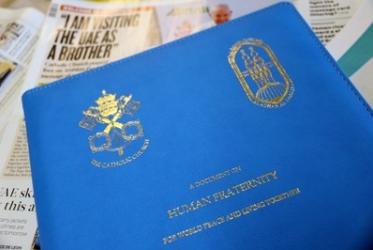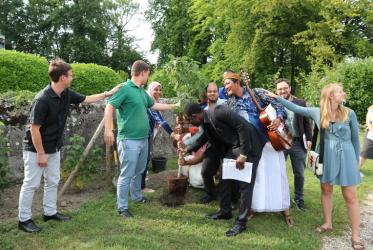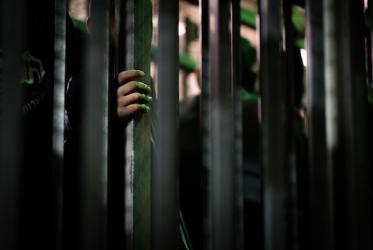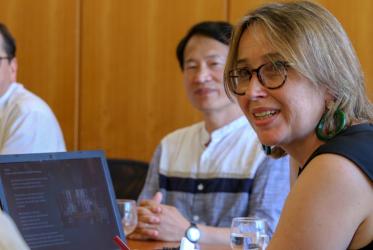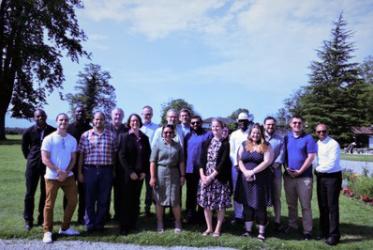Displaying 1 - 20 of 100
WCC honoured with Geneva Engage Award
01 February 2022
Brazilian churches call for transformative racial justice
23 November 2020
A visionary missionary heads home
25 March 2020
Bossey students explore the meaning of “belonging”
22 July 2019
Bossey gathers students for interreligious dialogue
02 July 2019





